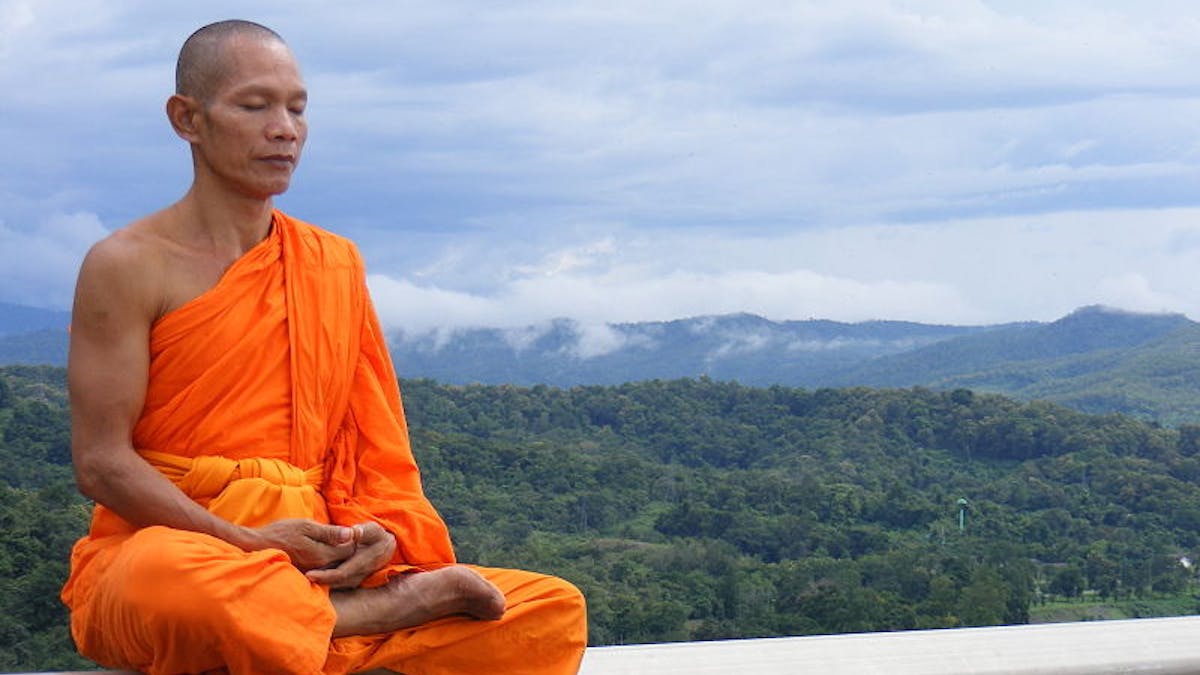 |
| Baba Ram Dass |
Friend Xerxes has turned his thoughts to mysticism, if only to reject it. He writes, “Mystics of all kinds invite us to ‘live in the present.’ Quit grinding yourself down by rehashing the past or fearing the future, they say. Live in this moment. Live right now!”
Which he rejects as dangerous, for it implies living for the moment and no impulse control.
He is right that it is bad advice; but he is burdened here by a common misconception of mysticism we were all sold in the 1960s or 70s. This sounds like the title of Ram Dass’s 1971 book, Be Here Now.
But Ram Dass was not a real mystic. He was a Harvard psychology professor, Richard Alpert, who had gotten into LSD and taken a trip to India. He was a New Age spiritual tourist.
I am aware of one Buddhist parable that seems to advocate this notion of living only in the present. But no more; I think it is an aberration.
The doctrine Xerxes takes from this, to “eat, drink, and be merry, for tomorrow you may die,” to a true monastic, which is to say a Western mystic, would be the deadly sin of acedia. They are busy instead in meditation on “memento mori”: on the inevitable future.
“Be here now” works if and only if “here” is heaven and “now” is eternity. But that is quite a stretch, making the Alpert slogan seem deliberately subversive and misleading. Works for a modern hedonist.
“Now” in common speech means the “present” world: and note the double meaning of that word, “present.” It means the sensory world around us. This is the opposite of the mystic goal. There is a reason why the monk in meditation closes his eyes. “Mystic” means “secret” or “hidden,” what is not visible.
The Sanskrit word we translate as “mindfulness,” commonly used to refer to meditation on the Eastern or Buddhist model, is actually closer to “memory.” “Remember,” not “Be here now.” Plotinus, a if not the seminal figure in Western mysticism, the founder of Neoplatonism, seeks the eternal forms found in memory. Saint Theresa of Avila speaks of mystic prayer as “recollection.”
Indeed, to be fair to Alpert, the full title of his 1970 book was “Remember: Be Here Now.”
An utterly mixed message; perhaps so that anyone could take from it whatever they wanted. But that makes it useless as any kind of spiritual advice. Just a good hustle for a charlatan.














_Rossetti.jpg/255px-Mnemosyne_(color)_Rossetti.jpg)



